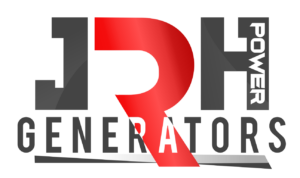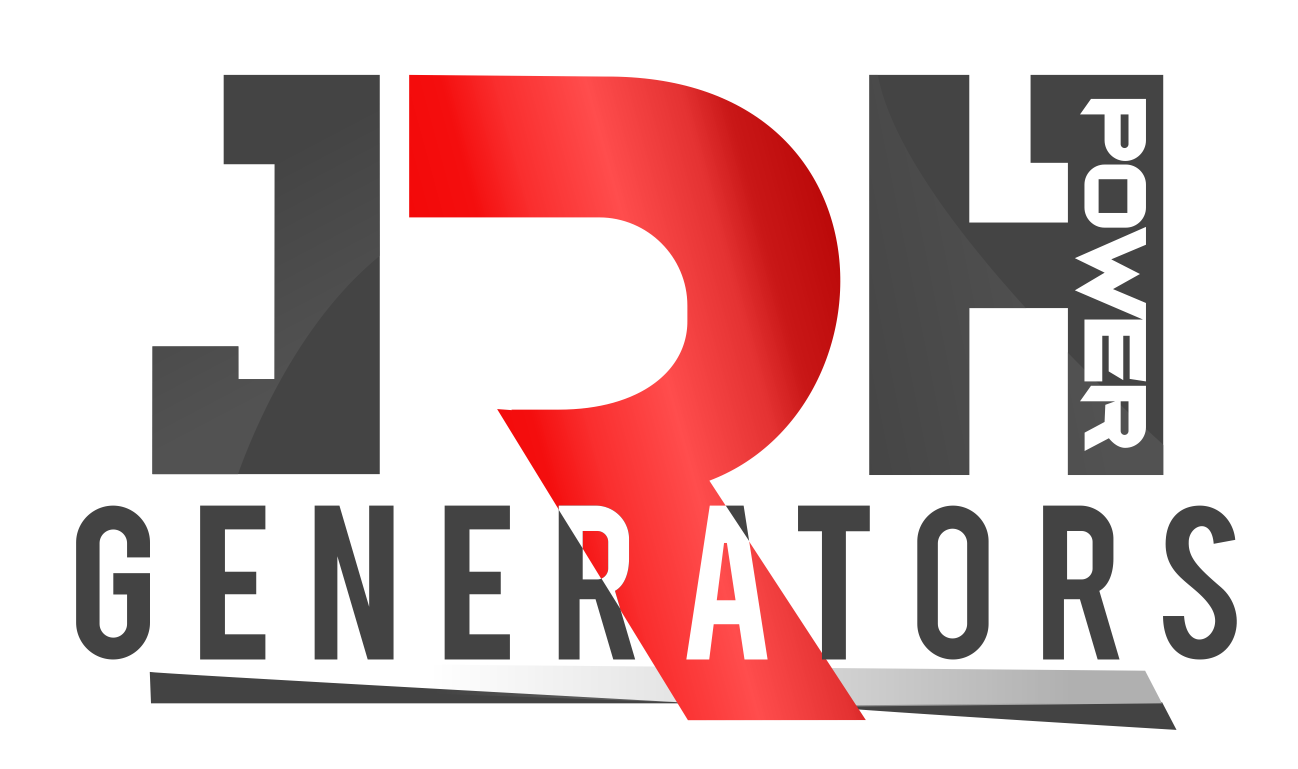How do I know what type of electric generator I need?
In this article, we will guide you through the process of determining which type of electric generator best suits your needs. From power to specific applications, we'll provide you with valuable information to make informed decisions. In JRH Power Generator, we not only offer quality products, but also the guidance you need to make the most of your investment in Electric generators.
Table of Contents
Importance of Knowing Your Needs When Selecting an Electric Generator
To answer the question"How do I know what type of electric generator I need?" it is vital The importance of thoroughly understanding your specific requirements cannot be underestimated. This process not only optimizes the performance of your generator, but also ensures that you are prepared to face specific situations. The key is to understand your energy needs and the scenarios in which you plan to use the generator.
Planning for Energy Consumption:
By knowing your typical energy consumption, you will be able to determine the necessary capacity of the generator. Analyze the appliances, tools or devices you plan to power. This step is essential to avoid under- or over-sizing the generator, thus optimizing its efficiency and durability.
Emergency Preparedness:
If the generator is used in emergency situations, such as power outages, identify critical devices that must be kept running. Prioritize powering essential items such as lighting systems, refrigerators, and medical equipment if necessary.
Environment and Conditions of Use:
Consider the environment in which the generator will operate. Weather conditions, altitude and other factors can affect its performance. Additionally, evaluate whether the generator will be used indoors or outdoors, as this may influence the selection of generator type.
Long Term Use Projection:
Anticipate your future needs when selecting a generator. If you plan to expand your usage or add more devices, choose a generator that can adapt to these changes without problems.
Fuel Efficiency:
If fuel efficiency is a concern, identify the frequency and duration of generator use. This will help you select a model that balances efficiency with specific operating needs.
Determining Factors for Selecting the Type of Generator
When embarking on choosing the ideal electric generator, it is essential to consider a number of key factors that will determine the most suitable type for your specific needs.
Required Power:
Evaluate your usual energy consumption and anticipate maximum demands in situations of intensive use. This will guide you to a generator with the right capacity to meet your needs.
Fuel type:
Generators can run on different types of fuels, such as gasoline, diesel, propane, or natural gas. Fuel choice will impact generator availability, operating cost and efficiency.
Portability:
If you need to transport it frequently, opt for lighter and more compact models. On the other hand, if it will be stationary, you can choose a larger and more robust generator.
Residential or Commercial Use:
Clearly define whether the generator will be used for residential or commercial purposes. Power requirements and durability can vary significantly between these two uses.
Electric or Manual Start Functions:
Some generators have electric start features, while others require a manual start. Consider comfort and personal preference when choosing between these options.
Noise level:
If noise is a concern, check the decibel (dB) level the generator produces. Quieter models are ideal for residential environments or situations where discreet operation is required.
Fuel Life:
Analyzes the fuel efficiency and tank capacity of the generator. Higher efficiency and adequate tank capacity ensure longer run time without interruptions.
Maintenance:
Consider generator maintenance requirements. Some models may require more care and attention than others, which should be taken into account to ensure long-lasting performance.
Evaluating these factors will allow you to make an informed decision when selecting the type of electric generator that best suits your specific needs.
Are you finding this information useful?
We hope that the information provided so far has been useful to you. If you want to explore more valuable content about Electric generators, maintenance and news from the sector, we invite you to visit our Blog. Find articles, guides and tips that will keep you informed and help you get the most out of your generator.
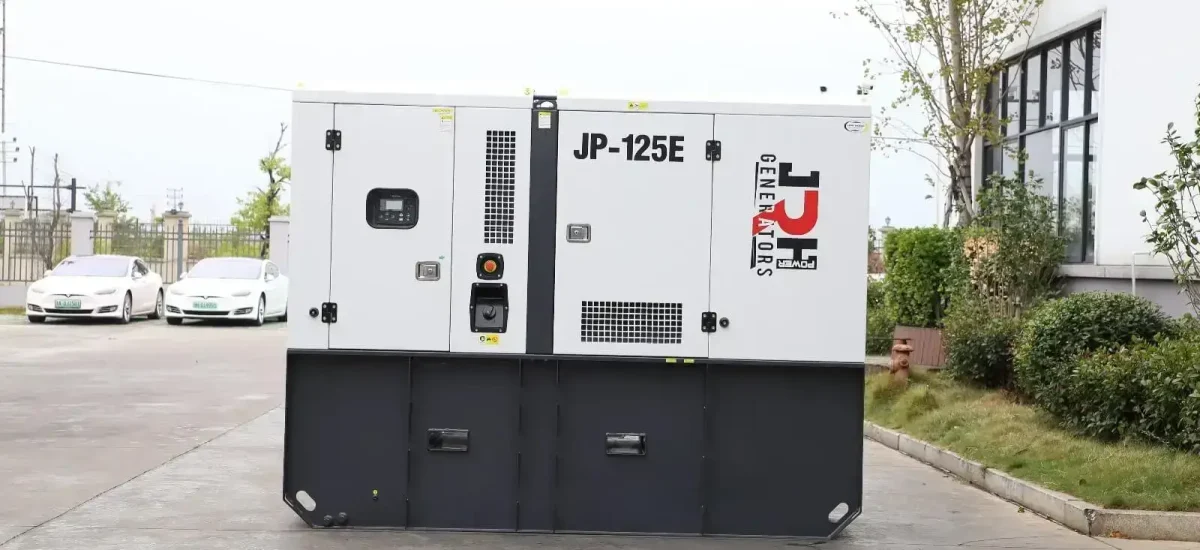
How do I know what type of electric generator I need?
When it comes to selecting an electric generator, it is crucial to understand the different types available on the market. Each type has its own features and benefits, and choosing the right one will depend on your specific needs. Below, we will explore some of the most common types of electric generators:
Gasoline Generators:
Gasoline generators are versatile and suitable for a variety of applications. They are most common in residential settings and are usually portable. However, they tend to be less fuel efficient compared to diesel generators.
Diesel Generators:
The Diesel electric generators They are known for their fuel efficiency and durability. They are ideal for long-term applications and for powering heavier loads. Its frequent use is in commercial and industrial environments.
Gas Generators:
Gas generators run on propane or natural gas. They are cleaner in terms of emissions and are an excellent option for residential use. In addition, the stored gas is more stable in the long term than gasoline or diesel.
Inverter Generators:
These generators are known for their ability to provide high-quality electricity. They are ideal for sensitive electronic devices, such as computers and appliances. Additionally, they are more fuel efficient and tend to be quieter.
Three Phase Generators:
The Three-phase Diesel generators They are designed to supply power to industrial equipment and heavy machinery, three-phase generators generate three simultaneous electrical currents. They are essential in commercial and construction environments.
Portable Generators:
These generators are compact and easy to transport. They are ideal for home use, camping or any situation where mobility is required. They typically run on gasoline and offer moderate power.
Which Generator to Choose? - Conclusion
In summary, to give a final answer to the question «C"How do I know what type of electric generator I need?" It is essential to ensure a reliable power supply. Evaluating factors such as power, fuel type, portability, and intended use will allow you to make informed decisions. Each type of generator has its own advantages, from the versatility of gasoline generators to the efficiency of diesel generators and the precision of inverters.
Do you need advice?
Are you undecided or need personalized guidance in choosing the perfect generator? We are here to help you! Our experts in JRH Power Generator They are ready to answer your questions and offer you the advice you need. Contact one of our advisors now to make the best decision.

Hurricane season is a critical period for Puerto Rico, and being prepared can make the difference between safety and danger. In

Understanding how a hurricane forms allows us to be one step ahead and prevent the devastating effects of these natural phenomena. Especially in areas
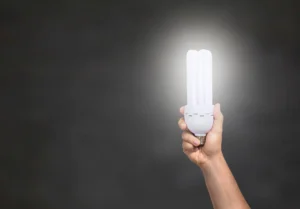
In a world where energy efficiency is increasingly a priority, learning to save energy has become a crucial need for both
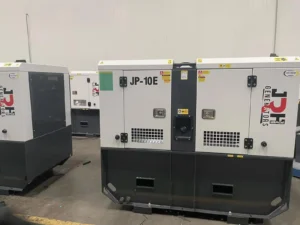
In a world that doesn't stop, the need for a reliable and continuous power source is more crucial than ever. At JRH Power
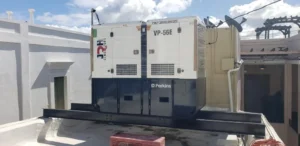
Have you ever wondered how electricity becomes a constant in our lives, even in the most critical moments? At JRH Power
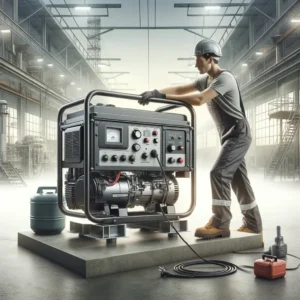
In our modern world, where electricity is vital, power outages are a frequent reality. Know how to connect a generator to the house
